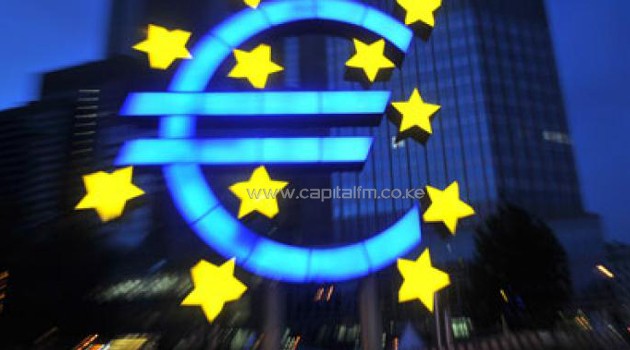Voters in 21 EU states — including France, Germany and Italy — headed to the polls to elect 600 of 751 European parliamentarians, ending a four-day vote that began in Britain and the Netherlands on Thursday.
In Greece, anti-austerity leftist party Syriza held a slight edge over the leading government party while at the other end of the political spectrum in Austria, the far-right Freedom Party surged into third place.
Exit polls put Syriza on between 26 and 30 percent while neo-Nazi party Golden Dawn ranked third with up to 10 percent of the vote.
First estimates showed Germany’s anti-EU Alternative for Germany (AfD), founded only last year, winning 6.5 percent, above the 5.0 percent threshold to enter parliament, though Chancellor Angela Merkel’s conservatives led the pack.
As in other countries, the anti-immigration party tapped into growing voter frustration with the European Union, saying Brussels has too much power and does not listen enough.
In Denmark, France and Italy, anti-EU parties are poised to take first or second place, shaking up national politics and setting up a battle against Brussels from the inside.
In Britain, the eurosceptic UK Independence Party (UKIP) led by Nigel Farage — a party without a single seat in the national parliament — surged Thursday in local council polls held in parallel with the EU vote, rocking the establishment.
Official results will not be announced in all countries until polls close in the last country, Italy, at 2100 GMT.
– Legitimacy problem –
The voting takes place amid anger over belt-tightening measures imposed by Brussels to tame the debt crisis, as well as concern over the chaos unravelling on Europe’s eastern borders.
Turnout will be watched to see if it reflects growing popular exasperation with the EU, after it hit a record low 43 percent in 2009.
Early indications suggested slightly higher turnout, notably in France, Germany and Portugal but in Slovakia, the worst performer in 2009, it looked set to be even lower at just 13 percent.
“There is a legitimacy problem,” Carnegie Europe director Jan Techau told AFP.
Polls show mainstream groupings, the centre-right conservatives and centre-left socialists, will hold about 60 percent of the seats in the next parliament compared with the current 70 percent.
The latest PollWatch survey forecast victory for the centre-right European People’s Party (EPP) with 217 seats in the EU parliament against 201 for the Socialists and Democrats (S&D).
Traditionally they have worked together much of the time and should be able to continue to do so, analysts said.
– Democratic deficit –












































